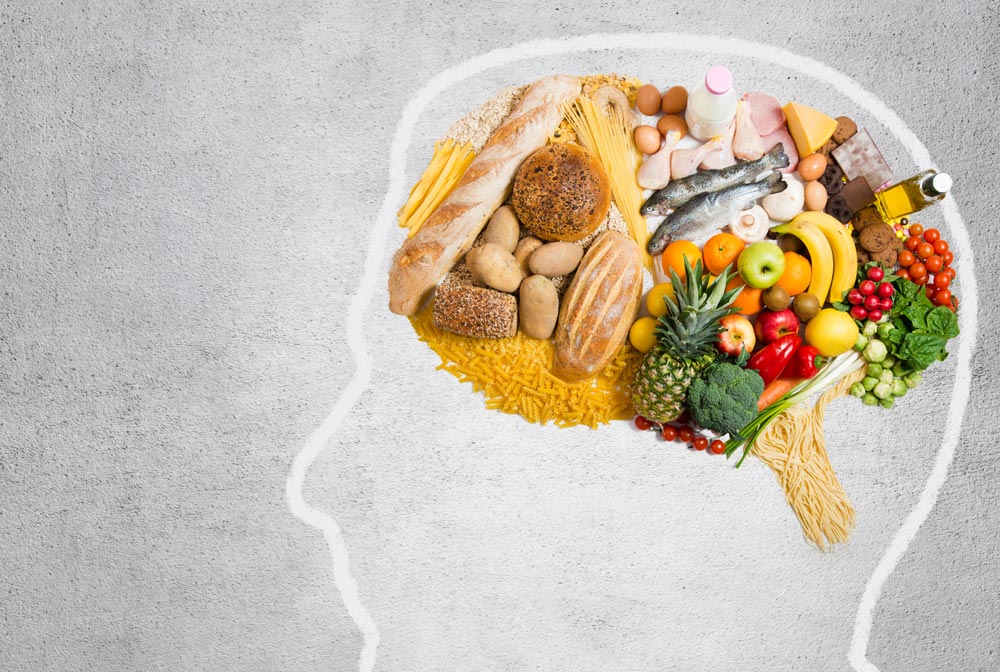Introduction:
In today’s fast-paced world, the desire to lose weight often leads people to pursue fad diets and extreme workout regimens. However, these approaches can be harmful to both physical and mental health in the long run. Losing weight safely requires a balanced approach that prioritizes health and sustainability. In this comprehensive guide, we’ll explore the science-backed strategies for achieving weight loss safely and maintaining it over time.
Understanding Weight Loss:
Before diving into specific strategies, it’s essential to understand the basics of weight loss. At its core, weight loss occurs when the number of calories burned exceeds the number of calories consumed. This creates a calorie deficit, prompting the body to use stored fat for energy, leading to weight loss. However, not all calories are created equal, and factors like macronutrient composition and metabolism play crucial roles in the weight loss process.
Setting Realistic Goals:
One of the keys to successful weight loss is setting realistic and achievable goals. Rather than aiming for rapid weight loss, which can be unsustainable and potentially harmful, focus on making gradual changes that you can maintain in the long term. Setting specific, measurable, and achievable goals can help keep you motivated and on track.
Nutrition and Diet:

A balanced diet is essential for weight loss and overall health. Focus on consuming a variety of nutrient-dense foods, including fruits, vegetables, lean proteins, whole grains, and healthy fats. Incorporating plenty of fiber-rich foods can help you feel full and satisfied while consuming fewer calories. Additionally, be mindful of portion sizes and avoid mindless eating or emotional eating triggers.
- Emphasize whole, minimally processed foods like fruits, vegetables, whole grains, lean proteins, and healthy fats.
- Incorporate a variety of colors and textures into your meals to ensure you’re getting a wide range of nutrients.
- Be mindful of portion sizes and practice portion control, using techniques like measuring food or using smaller plates.
- Limit the consumption of processed foods, sugary snacks, and high-calorie beverages, which can contribute to weight gain and provide empty calories.
- Consider working with a registered dietitian to develop a personalized meal plan that aligns with your goals and dietary preferences.
Hydration:

Staying hydrated is crucial for overall health and can support weight loss efforts. Drinking water before meals can help reduce calorie intake by promoting feelings of fullness. Aim to drink plenty of water throughout the day and limit sugary beverages and alcohol, which can contribute to excess calorie consumption.
- Aim to drink at least 8-10 glasses of water per day, or more if you’re physically active or in a hot climate.
- Choose water as your primary beverage and limit the consumption of sugary drinks like soda, fruit juice, and energy drinks.
- Stay hydrated throughout the day by carrying a reusable water bottle with you and sipping water regularly.
- Experiment with infused water by adding slices of fruits, herbs, or cucumbers to enhance the flavor without adding extra calories or sugar.
Physical Activity:

Regular exercise is an essential component of any weight loss plan. Aim for a combination of cardiovascular exercise, strength training, and flexibility exercises to promote overall health and weight loss. Find activities that you enjoy and can incorporate into your daily routine to make exercise a sustainable habit.
- Aim for at least 150 minutes of moderate-intensity aerobic exercise or 75 minutes of vigorous-intensity exercise per week, as recommended by health guidelines.
- Incorporate strength training exercises at least two days per week to build muscle mass, which can increase metabolism and promote fat loss.
- Find activities you enjoy, whether it’s walking, jogging, swimming, cycling, dancing, or participating in group fitness classes.
- Stay active throughout the day by incorporating movement into your daily routine, such as taking the stairs, parking farther away, or doing household chores.
Mindful Eating:

Practicing mindful eating can help you develop a healthier relationship with food and prevent overeating. Pay attention to hunger and fullness cues, eat slowly, and savor each bite. Avoid distractions while eating, such as watching TV or scrolling on your phone, as this can lead to mindless eating.
- Practice mindful eating by paying attention to hunger and fullness cues, as well as the taste, texture, and aroma of your food.
- Eat slowly and chew your food thoroughly to aid digestion and allow your body to recognize when it’s full.
- Avoid eating in front of the TV or computer, which can lead to mindless eating and overconsumption of calories.
- Be mindful of emotional eating triggers and find alternative ways to cope with stress, boredom, or other emotions that may drive you to eat.
Sleep:

Getting an adequate amount of quality sleep is crucial for weight loss and overall health. Poor sleep can disrupt hormones that regulate appetite, leading to increased hunger and cravings for unhealthy foods. Aim for 7-9 hours of sleep per night and establish a consistent sleep schedule to support weight loss efforts.
- Prioritize sleep by establishing a relaxing bedtime routine and creating a sleep-friendly environment that’s cool, dark, and quiet.
- Avoid caffeine, nicotine, and electronic devices before bedtime, as they can disrupt sleep patterns and interfere with the quality of your sleep.
- Stick to a consistent sleep schedule, going to bed and waking up at the same time every day, even on weekends.
- If you’re struggling with sleep issues, such as insomnia or sleep apnea, talk to your healthcare provider for personalized recommendations and treatment options.
Stress Management:

Chronic stress can sabotage weight loss efforts by triggering emotional eating and disrupting hormones involved in appetite regulation. Find healthy ways to manage stress, such as exercise, meditation, deep breathing exercises, or spending time in nature. Prioritizing self-care and relaxation can help reduce stress levels and support weight loss.
- Practice stress-reducing techniques like deep breathing, meditation, yoga, or progressive muscle relaxation to promote relaxation and reduce stress levels.
- Make time for activities you enjoy, whether it’s spending time with loved ones, pursuing hobbies, or spending time outdoors in nature.
- Set realistic expectations for yourself and prioritize self-care to avoid burnout and overwhelm.
- Seek professional help if you’re struggling to cope with stress or experiencing symptoms of anxiety or depression.
Seeking Support:

Weight loss can be challenging, but you don’t have to go it alone. Seek support from friends, family, or a healthcare professional who can provide encouragement, accountability, and guidance along the way. Joining a support group or online community can also provide valuable support and motivation.
- Surround yourself with a supportive network of friends, family, or peers who can encourage and motivate you on your weight loss journey.
- Consider joining a weight loss support group, either in-person or online, to connect with others who share similar goals and experiences.
- Work with a healthcare professional, such as a doctor, dietitian, or personal trainer, who can provide personalized guidance, support, and accountability.
- Don’t be afraid to ask for help when you need it or reach out for support during challenging times.
Monitoring Progress:

Tracking your progress can help you stay motivated and make adjustments to your plan as needed. Keep a food journal, track your exercise routine, and monitor changes in your weight and measurements over time. Celebrate your successes, no matter how small, and use setbacks as learning opportunities to refine your approach.
- Keep track of your progress using tools like a food diary, exercise log, or weight loss app to monitor your food intake, physical activity, and progress towards your goals.
- Take regular measurements of your weight, body measurements, and body composition to track changes over time.
- Celebrate your successes, no matter how small, and use setbacks as learning opportunities to adjust your approach and stay motivated.
- Be patient and realistic with your expectations, understanding that sustainable weight loss takes time and consistency.
Conclusion:
Losing weight safely requires a balanced approach that prioritizes health and sustainability. By focusing on nutrition, physical activity, sleep, stress management, and seeking support, you can achieve your weight loss goals in a way that promotes long-term success. Remember that small, gradual changes are more likely to lead to lasting results, so be patient with yourself and celebrate each step along the way. With dedication and perseverance, you can achieve a healthier weight and improve your overall well-being.

